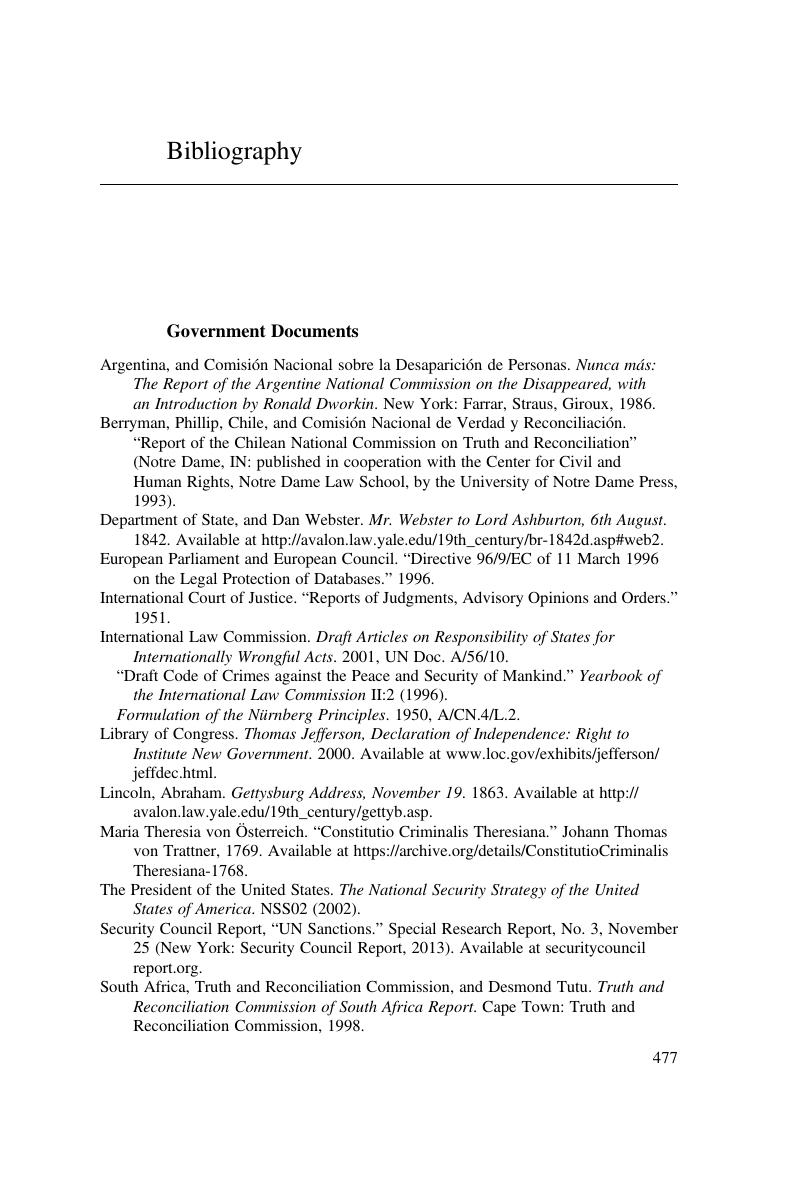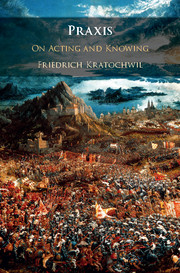Book contents
- Praxis
- Praxis
- Copyright page
- Dedication
- Epigraph
- Contents
- Acknowledgments
- Introduction
- 1 Constructivism and the Practices of (International) Politics: The Case for a Humean Approach
- 2 Constituting
- 3 Changing
- 4 Showing
- 5 Guiding
- 6 Sanctioning
- 7 Punishing
- 8 Remembering and Forgetting
- 9 Knowing and Doubting
- 10 Acting
- 11 Judging and Communicating
- Bibliography
- Index
- References
Bibliography
Published online by Cambridge University Press: 27 July 2018
- Praxis
- Praxis
- Copyright page
- Dedication
- Epigraph
- Contents
- Acknowledgments
- Introduction
- 1 Constructivism and the Practices of (International) Politics: The Case for a Humean Approach
- 2 Constituting
- 3 Changing
- 4 Showing
- 5 Guiding
- 6 Sanctioning
- 7 Punishing
- 8 Remembering and Forgetting
- 9 Knowing and Doubting
- 10 Acting
- 11 Judging and Communicating
- Bibliography
- Index
- References
Summary

- Type
- Chapter
- Information
- PraxisOn Acting and Knowing, pp. 477 - 531Publisher: Cambridge University PressPrint publication year: 2018



